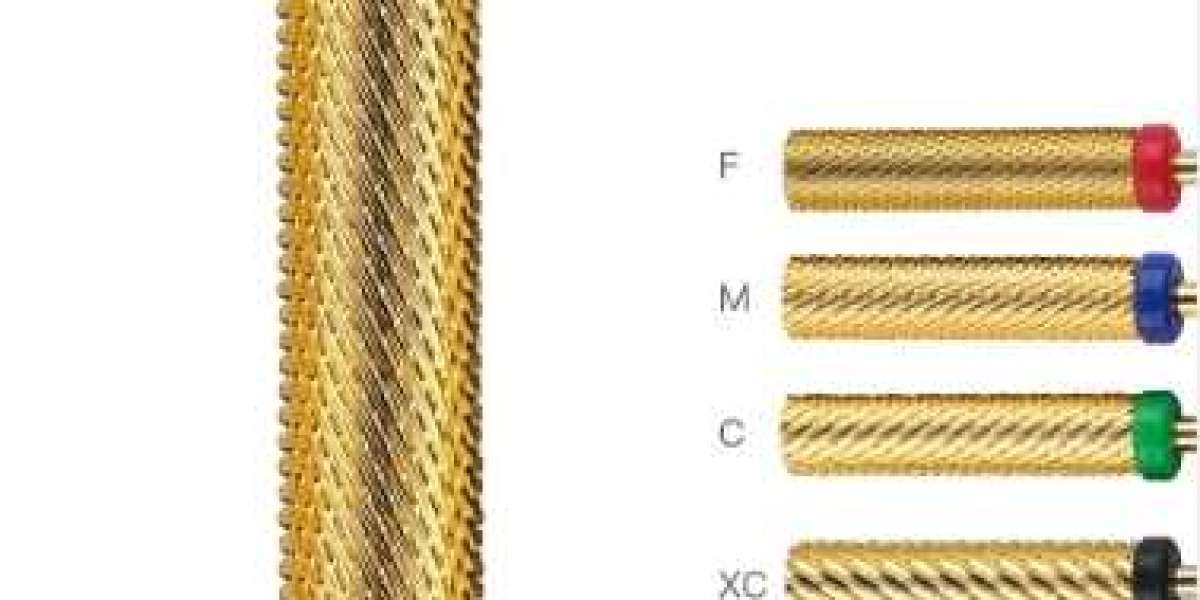Attention Deficit Hyperactivity Disorder (ADHD) is a complex neurodevelopmental disorder that affects millions of individuals worldwide. Understanding the latest advances in ADHD treatment is crucial for those seeking effective management strategies. This article will explore various treatment options, including medication, behavioral therapy, and lifestyle modifications.

Medication Options for ADHD Treatment
Medications play a significant role in the management of ADHD symptoms. Stimulants, such as methylphenidate and amphetamines, are commonly prescribed and have shown effectiveness in improving focus and reducing impulsivity. However, are these medications suitable for everyone? The answer is nuanced. While many individuals benefit from stimulant medications, some may experience side effects or may not respond well to them. In such cases, non-stimulant medications, like atomoxetine, can be considered.
- Stimulant Medications: These are the first-line treatment options and are effective for most patients.
- Non-Stimulant Medications: These can be beneficial for those who do not tolerate stimulants.
- Individualized Treatment: It is essential to work closely with a healthcare provider to find the most suitable medication.
Behavioral Therapy and ADHD Treatment
In addition to medication, behavioral therapy is an integral part of ADHD treatment. This approach focuses on modifying specific behaviors and developing coping strategies. Cognitive Behavioral Therapy (CBT) has gained popularity for its structured approach to addressing negative thought patterns and behaviors. How can behavioral therapy complement medication? By providing tools and techniques to manage symptoms, therapy can enhance the overall effectiveness of medication.
- Identify specific behavioral challenges.
- Develop strategies to address these challenges.
- Monitor progress and adjust strategies as needed.
Lifestyle Modifications for Effective ADHD Treatment
Implementing lifestyle changes can significantly impact the effectiveness of ADHD treatment. Regular exercise, a balanced diet, and adequate sleep are crucial components. For instance, engaging in physical activity can help improve concentration and reduce hyperactivity. Additionally, maintaining a structured routine can provide the stability that individuals with ADHD often need.
- Exercise: Regular physical activity can enhance focus and reduce impulsivity.
- Nutrition: A diet rich in omega-3 fatty acids may support brain health.
- Sleep: Prioritizing sleep can improve overall functioning and symptom management.
Conclusion: A Holistic Approach to ADHD Treatment
In conclusion, understanding the latest advances in ADHD treatment requires a comprehensive approach that includes medication, behavioral therapy, and lifestyle modifications. Each individual’s experience with ADHD is unique, and treatment plans should be tailored accordingly. For more insights on ADHD medications and their suitability, consider reading this informative article on ADHD Medications.
By staying informed about the various treatment options available, individuals and families can make empowered decisions that lead to better management of ADHD symptoms.








